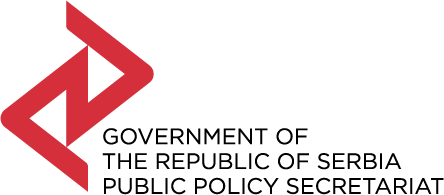The Public Policy Secretariat of the Republic of Serbia published the latest report “Serbia and the 2030 Agenda – Mapping the National Strategic Framework vis-a-vis the Sustainable Development Goals” for 2023. This report, being prepared for the fifth consecutive year, provides a comprehensive overview of the current national planning documents in relation to each of the 17 sustainable development goals of the 2030 Agenda (SDG) grouped into clusters and negotiation chapters within the European integration process. The report includes a review and analysis of more than 100 planning documents up to December 2023.
The results of the report indicate that most of the current planning documents are relevant to achieving the SDGs. The latest mapping of the planning framework in relation to 2030 Agenda shows that the coverage of the sustainable development goals and sub-goals by the planning framework of the Republic of Serbia is 82.7%, which is an increase by 4.7% compared to the previous year.
With a series of measures and activities, the Republic of Serbia will contribute to the achievement of sustainable development goals within the 2030 Agenda, thus confirming that it is permanently committed to improving the living conditions of all residents in all three dimensions of sustainable development, namely: economic growth, environmental protection and social inclusion. This political determination of Serbia is based on the analyses of the planning framework in relation to the achievement of 17 sustainable development goals and relevant data, and it was also confirmed at the UN Summit on Sustainable Development Goals held in New York last September, where transformative and accelerated actions to achieve the goals set by 2030 were presented.
The preparation of the report on the mapping of the national planning framework in relation to the sustainable development goals “Serbia and 2030 Agenda” was supported by the project: “Implementing Public Finance Reform – 2030 Agenda”, implemented by Deutsche Gesellschaft für Internationale Zusammenarbeit (GIZ) GmbH in Serbia, and financed by the governments of Germany and Switzerland.

